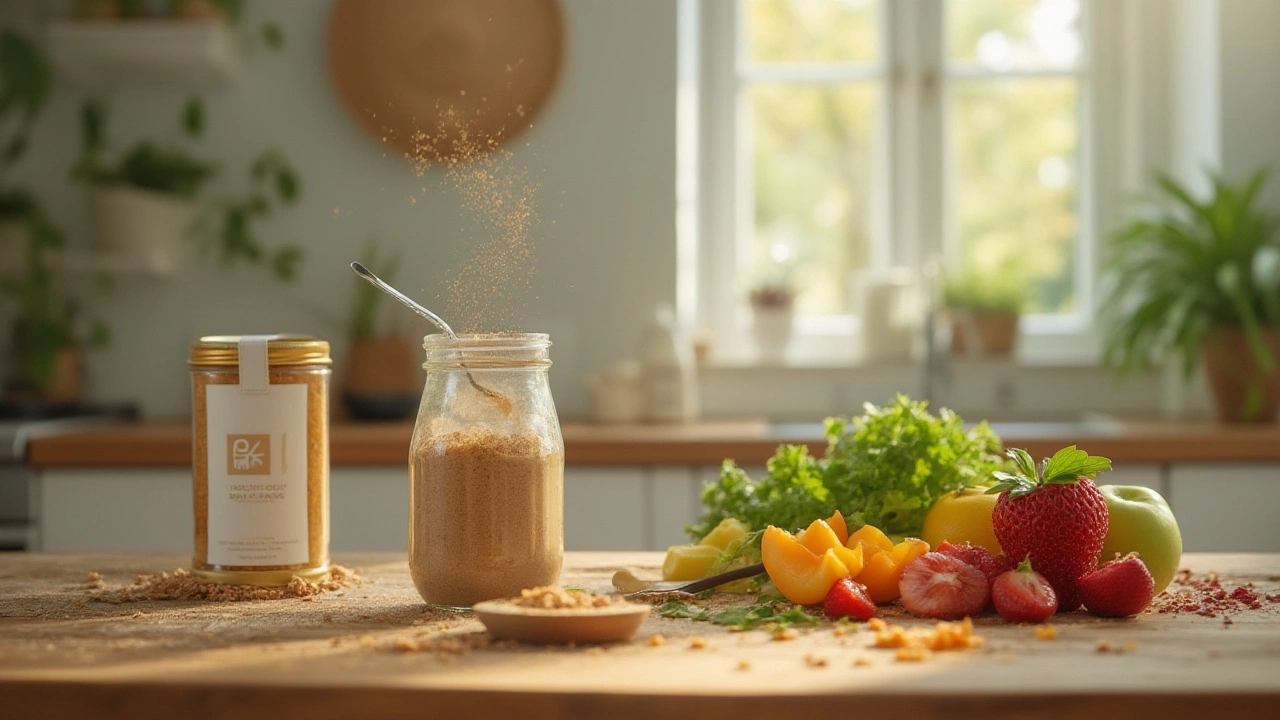Superfood Guide: Benefits, Uses, and Safety Tips
Ever wonder why people rave about "superfoods"? They’re just foods packed with nutrients that can boost your health without any gimmick. Below you’ll find straight‑forward advice on what makes a food a superfood, which ones are worth adding to your diet, and how to avoid the scams that pop up around popular supplements.
Why Superfoods Matter
Superfoods are rich in vitamins, minerals, antioxidants, and fiber. Think berries bursting with anthocyanins, leafy greens loaded with chlorophyll, or nuts that deliver healthy fats. When you eat these foods, you get more nutrients per bite, which can help lower inflammation, improve gut health, and support immune function. For example, lutein – a carotenoid found in kale and eggs – is linked to better eye health and reduced risk of age‑related macular degeneration. That’s why our Lutein supplement article gets a lot of attention.
Another hot topic is Tree of Heaven (Ailanthus altissima). While it’s an invasive plant, some researchers are looking at its extracts for potential anti‑inflammatory benefits. Our guide on the Tree of Heaven supplement breaks down what the science says, the possible side effects, and the legal rules in places like New Zealand.
Herbal blends like Diabecon claim to help manage blood sugar. The article dives into its ingredients, how they might work, and what risks to watch for. These are classic examples of superfood‑style supplements that blend traditional herbs with modern convenience.
Choosing Safe Superfood Supplements
Not every product that calls itself a superfood lives up to the hype. First, check the label for third‑party testing. Reputable brands will list a certification number or link to a lab report. Second, watch out for overly vague claims like "cures all" or "miracle results" – they’re red flags for low‑quality products.
If you’re buying online, use the same safety steps we recommend for any medication: verify the pharmacy or retailer, read customer reviews, and compare prices against known market rates. The "Buy Generic Albuterol" and "Buy Generic Prozac" guides show how to spot legit sites – the same approach works for superfood powders, capsules, or extracts.
When starting a new supplement, begin with a low dose and monitor how you feel. If you have a condition like colitis, check our "Exercise for Colitis" article for lifestyle tips that complement nutrition. Some superfoods can irritate a sensitive gut, so it’s wise to introduce them gradually.
Finally, talk to a healthcare professional, especially if you’re on prescription meds. Certain superfoods, like grapefruit, can interact with drugs like statins. Our site’s drug interaction pages can help you spot potential problems before they become an issue.
Bottom line: superfoods can be a powerful addition to a balanced diet, but they’re not a magic fix. Choose whole foods first, supplement smartly, and always verify the source. With the right choices, you’ll tap into the real benefits without the buzzword fluff.

Suma Root: Powerful Health Benefits, Nutrition, and How to Use This Super Supplement
Uncover what sets Suma apart as a dietary supplement, from its unique nutritional profile, adaptogen power, and real-world benefits, to safe ways to add it to your daily routine.
